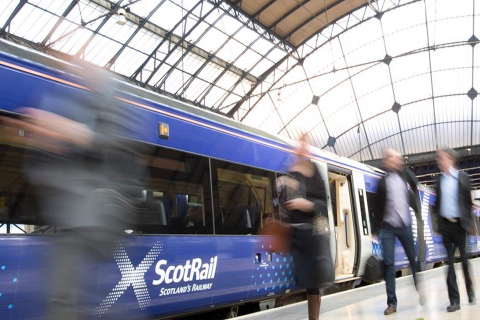UK Strike: end of the beginning

Saturday, June 25 was the third and last of the one-day strikes called by the trades union RMT. After a huge ballot mandate, the union called out members from most passenger train operating companies in England, and from Network Rail staff across Great Britain. Readers in Northern Ireland may wonder what the fuss was about, but for the rest of the UK, it has been a week of disruption.
Want to read more?
You have read all of your free premium articles for this month. Please become a subscriber to keep reading.
Subscribe now!
Take advantage of our exclusive offer to get full access to all premium content.





Symptoms of frustrations, BREXIT…, etc. tells, about shortcomings. (Nearness, to and within a big “domestic” market, Goal of EU membership, regrettably was/is obstructed, by an infrastructure, no longer timely, etc.)
Tracks, railways infrastructure, should not remain the “bottleneck”, as currently. (High quality standard steel rail sections safely withstands 70 kip, axial load, etc.) Added capacity and utilisation of assets, calls for a timely infrastructure! Quality pays!